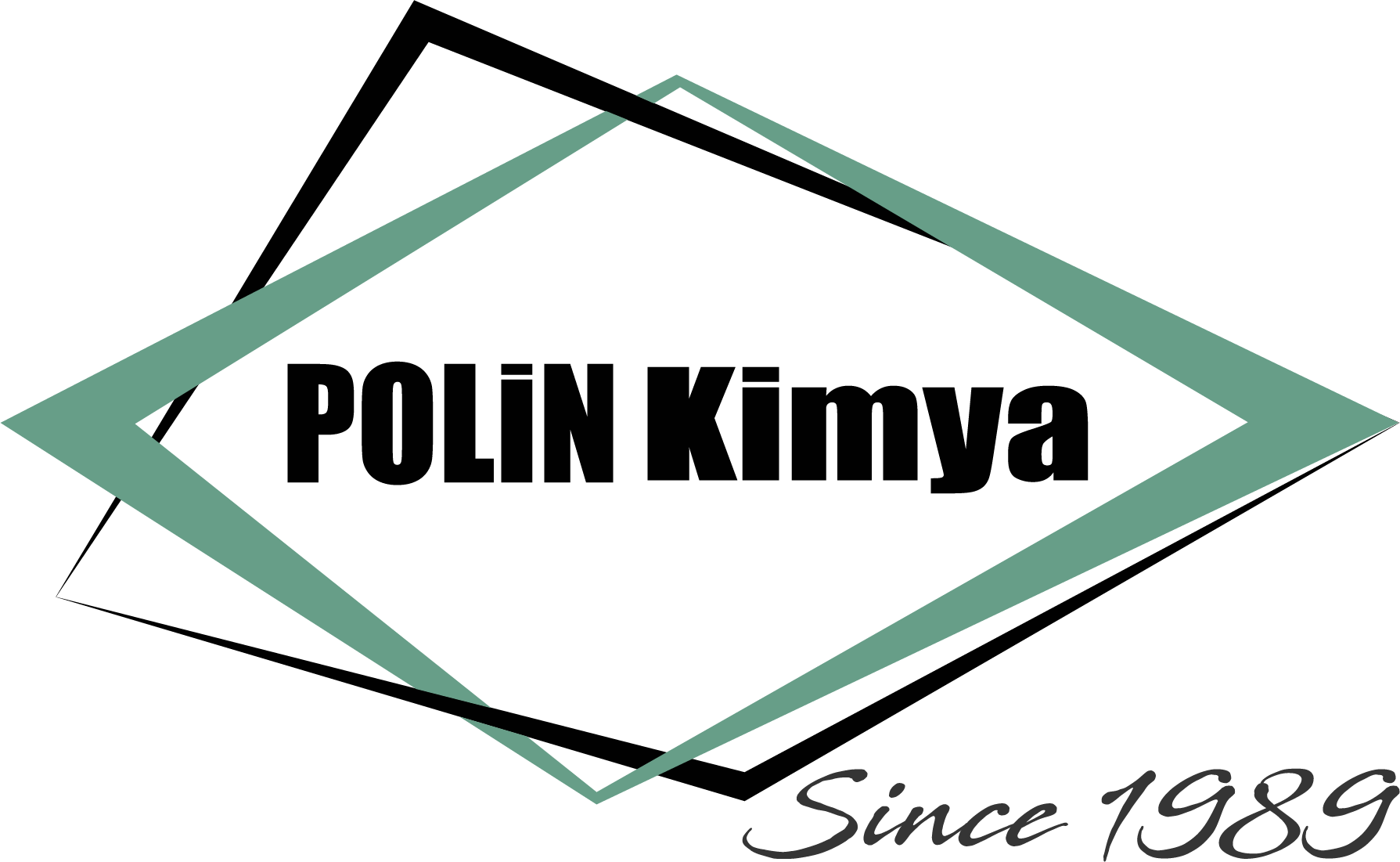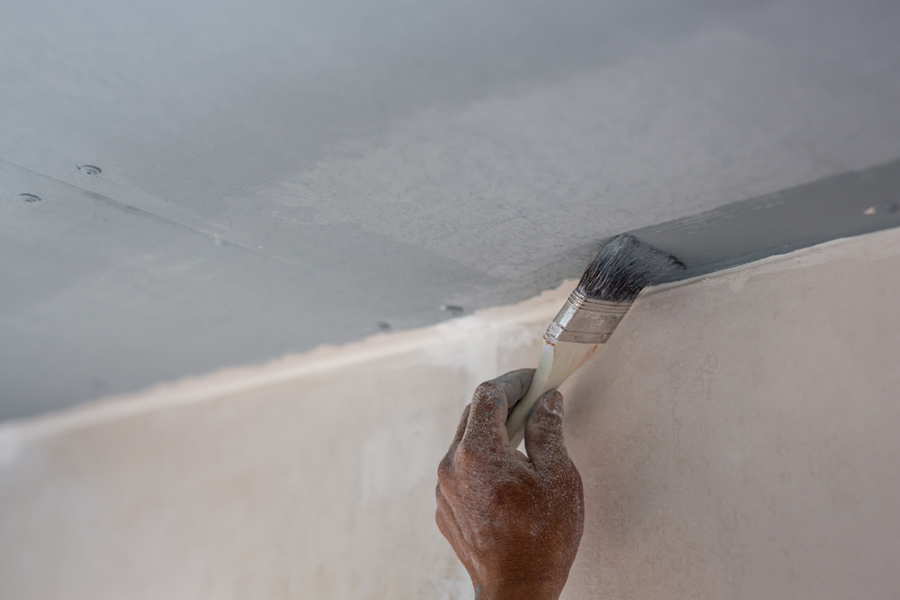To prevent water damage to buildings and enhance their durability, waterproofing is essential during the construction of structures. Waterproofing involves a range of materials and techniques used to prevent water from penetrating or leaking into the structure. Waters that buildings and structures are exposed to can be among the factors that shorten the lifespan of these structures. Therefore, waterproofing products are used to provide water insulation in buildings.
What is Waterproofing?
Waterproofing is a critical measure to protect a structure from adverse weather conditions and the detrimental effects of water. The contact of water with structures can lead to the deterioration, decay, and corrosion of materials such as concrete and iron. Therefore, waterproofing is important for extending the service life of structures and providing a comfortable living space.
Waterproofing can be applied in different forms and with different materials in various parts of a structure. In basements and ground floors, waterproofing materials are used to prevent the entry of water from the ground. On roofs, waterproofing is carried out to prevent rain and snow from entering the structure. In wet areas such as bathrooms, kitchens, and toilets, waterproofing is applied to prevent water from damaging the structure.
What are Waterproofing Products?
Materials used for waterproofing can have various chemical compositions. Waterproofing products are preferred to provide waterproofing in buildings. Waterproofing materials may vary in terms of their composition, content, and usage. Different waterproofing products can be chosen to provide waterproofing in different areas of structures.
Bitumen Membrane
Bitumen membrane products are among the commonly preferred materials for waterproofing. Bitumen membranes used for roofs and floors can also be chosen for wall waterproofing. These bitumen membranes, when applied by bonding the back surface, provide waterproofing when adhered to surfaces.
Epoxy Coating
Epoxy coatings are frequently used for the purpose of providing waterproofing in areas such as floors, bathrooms, toilets, and kitchens. Thanks to their durable structure, epoxy coating products offer waterproofing and also provide chemical resistance properties.
Polymer Modified Concrete (PMB)
PMB is a material commonly used in construction for waterproofing and strengthening concrete surfaces. Polymer-modified concrete, often preferred for terrace waterproofing, is also used in areas such as water tanks and pools.
Polyethylene Sheaths
Polyethylene sheaths are generally chosen for underground waterproofing. By being applied under foundations or on basement walls, they prevent underground water from leaking.
Liquid Membranes
Liquid membranes, known as waterproofing liquid, are often preferred due to their easy application. Liquid membrane products, which can be applied by spraying or rolling onto surfaces, provide waterproofing for buildings. This material can be applied conveniently to various surfaces.
Roof Membranes
Roof membrane products, especially used for roof waterproofing, are designed to provide excellent waterproofing. These membranes, made from various materials, ensure that the roof is watertight.






